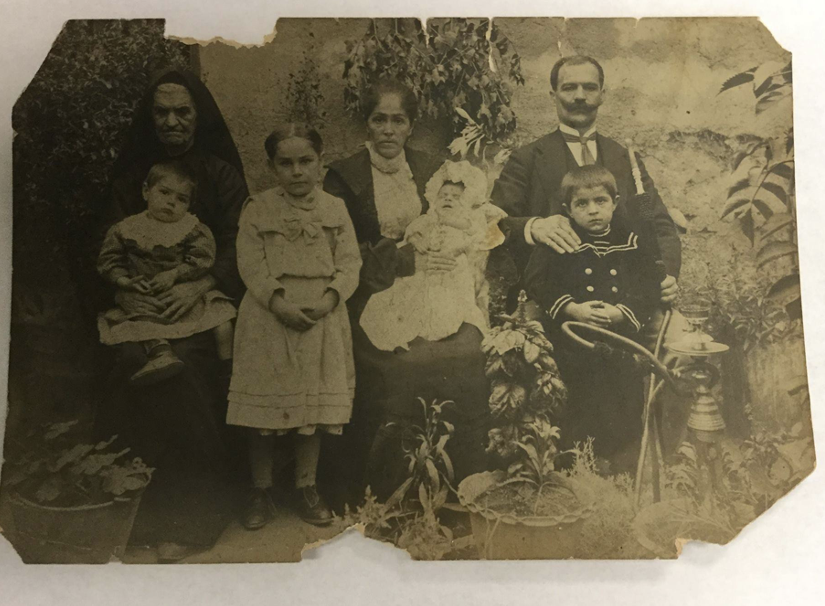Special to the Hellenic News of America
William Planes was surprised by how little his grandchildren knew about their grandparents.
So, he wrote a book.
“Platanides: Through the Eye of the Storm” is the true story of his father, Panayiotis Platanides who, at 14, survived the genocide of Greek Christians in 1922 Asia Minor.
The story explores the power of the Greek Orthodox faith that helped him, and his family overcome and move beyond the atrocities they faced.
“I felt that what I had learned from my father and what the experience of these people were, our forefathers, are very important to what I had become,” Planes said, when asked why he wrote the book.

Asia Minor
Panayiotis Platanides was born in 1908 to Fotis and Kyriaki Platanides in Alasehir, Asia Minor, later Turkey.
The Orthodox Church was always present while he was growing because of where they lived and his parents and forefathers were Orthodox Christians.
During the Middle Ages, Alasehir was known as the city of Philadelphia and the church there was one of the seven named by Apostle John in the Book of Revelations.
Panayiotis, his sister, and a brother were baptized at the church in Alasehir.
Two of Panayiotis’ other brothers were baptized at the church in Smyrna, Asia Minor, also one of the churches in the Book of Revelations.
Asia Minor was the epicenter of Hellenism from the early Christian and Byzantine periods to the early 20th century. It is where the Great Cathedral of St. Sophia is located.
The family had been living in Asia Minor, the ancestral home of people of Greek heritage, for centuries.
The Platanides family had survived the Ottoman Empire, under the rule of the Muslims and survived World War I.
“They all managed to survive earlier conflicts and live among one another,” Planes stated in the book.
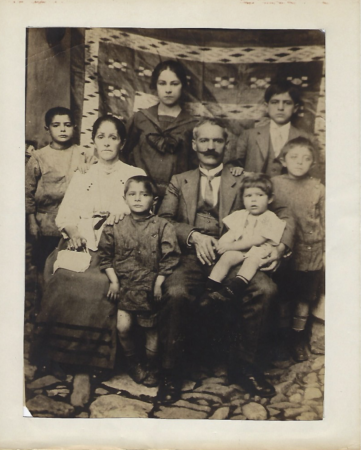
The genocide
But then in September 1922, the radical Muslim troops of Moustapha Kemal, Ataturk, victorious in Asia Minor against the retreating Greek army in the Greco-Turkish War, conducted a genocide of Greeks and Armenians Christians in Asia Minor.
At the time, Fotis and Kyriaki wanted Panayiotis to be educated and were making arrangements for him to travel to his uncle’s home in America, where he would go to college, become a doctor and return to his family to practice medicine in Alasehir.
Instead, the city of Alasehir was burned and a 14-year-old Panayiotis found himself facing down Muslim soldiers who wanted to kill his father, mother and sister.
“How does a 14-year-old boy muster the nerve to stand up to armed soldiers? He gets it through his faith in Christ,” Planes said.
“My father witnessed Ataturk coming to the cathedral in Smyrna to desecrate the church. He witnessed the archbishop [Chrysostomos] standing in the door and resisting,” Planes said.
Soldiers tortured and murdered the archbishop, who was later venerated and canonized as Saint Chrysostomos of Smyrna.
“My father witnessed the martyring of a saint,” Planes said.
Panayiotis survived the genocide, he ended up in America.
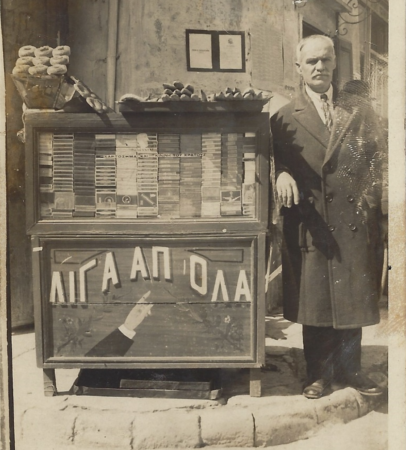
Settling in Crete
Others in the family, like Planes’ paternal grandfather, were interred at an immigration camp for two years in Greece before settling in Crete.
There, members of the family faced Nazi occupation in World War II.
Two of Planes’ uncles were sentenced to death by the Gestapo for their part in Guerilla efforts to overthrow the German army in Crete. They were saved by the Armistice.
“The war was over just moments before they were to be executed,” Planes said.
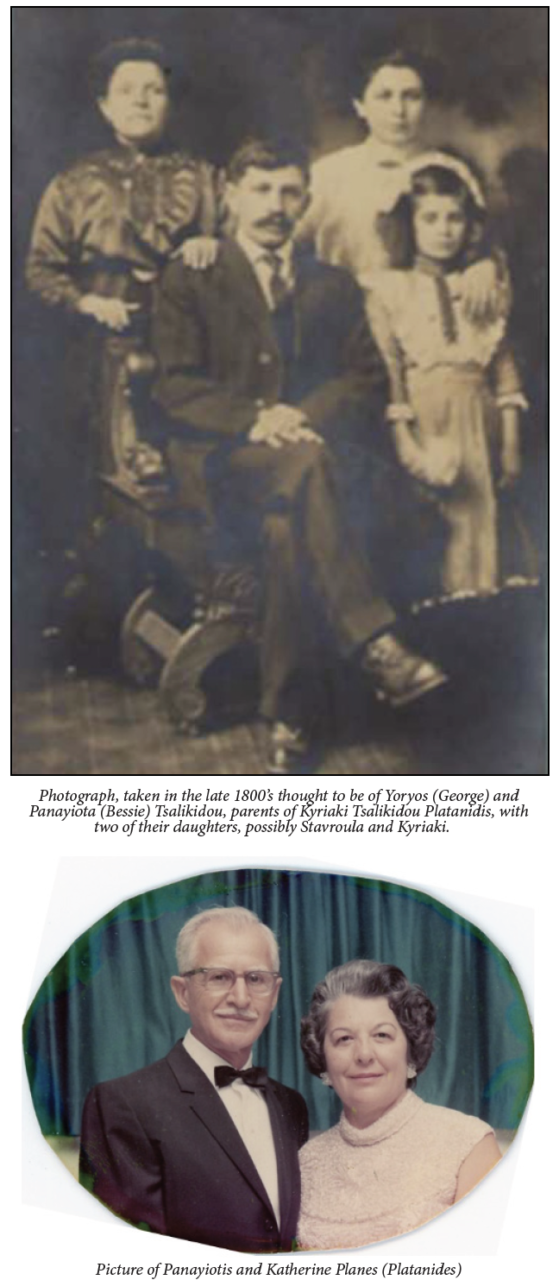
Planes’ maternal grandmother and grandfather had been in America since the early 1900s. His grandfather took a job as a shoe black on the streets of Boston, a person who shines shoes, the lowest class job you could have, Planes said.
“But my grandfather wanted to feed his family, he worked and did not take hand-outs.”
During WW-II Planes’ father was able to give his father-in-law a job blocking hats and repairing shoes at a shop on Times Square.
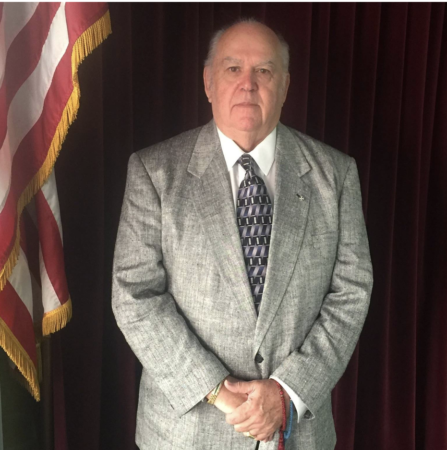
Meet the author
William Planes was born in New York and raised in Folly Beach, South Carolina and Coral Gables, Florida.
In high school he discovered chemistry and physics and entered the University of Miami as a pre-med student.
But Planes discovered he liked accounting more.
He switched to Florida State University at the request of his mother to keep an eye on his sister who was enrolled there. Planes ended up joining the fraternity Sigma Chi and pursuing an accounting degree.
He was one course short of graduating when he was called up for active duty in the Marine Corps, where he transferred to a special program with the Navy.
He completed his accounting degree through a correspondence course while on active duty in the Navy.
Planes got into the business of acquiring troubled companies, restructuring them, then reselling them. The profitable work meant he could invest in many good works for the church.
Church recognition
For his contribution, devotion and work on behalf of the Greek Orthodox Church, Planes was awarded the Gold Medal of St. Paul.
He was also elevated to the status of an Akron Notarios of the Mother Church, the Patriarchate and the Order of St. Andrew by His Holiness Bartholomew I, Ecumenical Patriarch of Constantinople.
He and his wife were the recipient of the 2006 Very Reverend Father Typhon Theophilopoulos Philanthropist of the Year award and the Gold Seal of the State of Florida by the Board of Regents of the St. Petersburg College for their philanthropic service to the community of Pinellas County, Florida.
He has been a member of Leadership 100 since 2004.
Find out more
Planes, approaching his 80th birthday, hopes the book will reinforce the idea that faith in Christ can help us cope with all obstacles.
“It was a lesson by my father to his kids that no matter what you’re confronted with in life if you trust in Christ and you believe without doubt that Christ is with you, you can get through anything. That was what we learned at a very early age and that’s what stuck with me throughout my life.”
Planes has now passed that faith down to his daughter Rhea and son William II.
He also hopes the story of his family will help future generations avoid the tyranny, suppression and genocide suffered by his forebears and will give them an appreciation for the fragile freedoms they have in the United States.
“Platanides: Through the Eye of the Storm” is available on Amazon. Find out more here.




